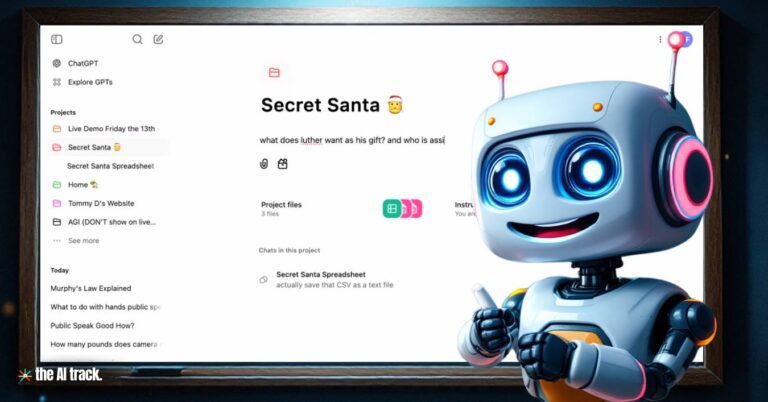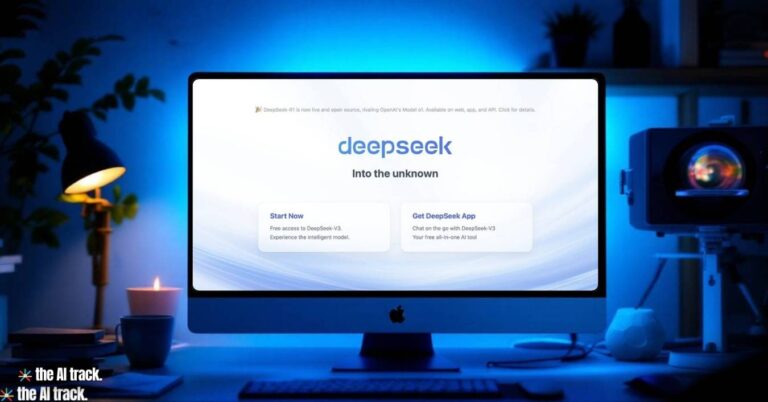Who’s Best for What? There Isn’t One Chatbot to Rule Them All
With AI chat platforms like ChatGPT taking the world by storm, it can be hard to know which bot to use for what. But not all AI assistants are created equal. The right chat platform makes a big difference based on your specific needs and the task at hand. This definitive guide matches the leading AI chatbots to the purposes each excels at.
Whether you need eloquent text generation, rapid answers to questions, or help brainstorming creative ideas, we’ve got you covered. By picking the optimal AI chat platform for the job, you can maximize productivity and tap into the specialized strengths of different chatbots like ChatGPT, Claude, Google Bard, and more.

The Right Platform for Every Purpose: Your All-in-One Guide
This includes creating written content, such as articles, stories, emails, letters, essays, reports, poems, code, scripts, musical pieces, etc.
Condensing long texts or documents into shorter, more concise versions – into key points
Offering help and solutions for coding and programming-related queries. Code generation
Engaging in natural language conversations, simulating chatbot interactions, and providing conversational companionship. Providing empathetic responses and emotional support during difficult times.
Offering suggestions for books, movies, restaurants, travel destinations, and more.
Sharing jokes, riddles, trivia, and engaging in light-hearted conversations for entertainment.

Why There Isn’t “One AI Chat Platform to Rule Them All”
The rise of AI chat platforms like ChatGPT has led many to wonder – is there one supreme bot that can handle any task? While the capabilities of language models are expanding rapidly, the truth is each AI chat platform still has strengths and weaknesses suited to different purposes. There isn’t yet “one bot to rule them all.”
Understanding the specialized utility of different AI chat platforms is key to matching the right assistant to your current need. For example, ChatGPT generates remarkably human-like text but lacks Google’s breadth of factual knowledge. Claude excels at conversational abilities but falters on academic explanations compared to ChatGPT.
These distinctions arise because today’s AI chat platforms are still narrow AIs trained on specific datasets. ChatGPT derives its eloquent writing from absorbing vast swaths of online text. Google’s Bard taps into the company’s unparalleled search index. An AI chat platform optimized for customer service learns from very different data than one designed for coding help.
No single training methodology or dataset can yield an AI masterfully suited to every domain yet. Existing AI chat platforms make tradeoffs based on their architecture and knowledge sources. Until general artificial intelligence is achieved, relying on a mix of specialized bots remains the most effective approach.
- ChatGPT leads the pack. ChatGPT excels at eloquent text generation for articles, stories, emails etc. Its vast training corpus also makes it very capable at web research, explaining concepts, creative brainstorming, and assisting writing.
- Claude’s architecture is optimized for clear Q&A, so it’s my choice for outlines, summarizing, answering questions, conversations, customer service, and tutoring.
- Bing has strong functionalities around scheduling, task management and reminders.
- Grammarly specializes in identifying textual errors and improving grammar/style.
- DeepL Translate dominates for translation between languages.
- Harpa AI, is the premier summarizing tool.
- Midjourney rules the world of image generation AI today, as covered in depth in our article (“The Epic Battle of the 7 Best: See Which Image Generator Takes the Crown“)
Understanding the strengths of each leading AI chat platform allows you to match the right assistant to your specific needs at that moment. While no bot can do everything perfectly, collectively they can handle an impressive range of tasks once assigned to the appropriate platform.
So don’t search for one supreme AI overlord – instead, learn how to combine a team of complementary AI specialists. For a more well-rounded approach, we recommend you read our article “Hands-On with AI: 7 Foundational AI Apps You Need to Know“, to discover the 7 essential AI apps that you need to be familiar with.

Why We Picked These Core AI Chat Platform Capabilities
When exploring the value of AI chat platforms, it’s tempting to get lost in speculating about exotic possible applications. But for most everyday users, the assistance needed from chatbots falls into a handful of essential categories.
Rather than chase hypothetical specialized use cases, we focused on core capabilities covering the most frequent real-world needs for an AI assistant. By curating a list of broadly useful functions, we aimed to equip the everyday user with an AI toolkit suitable for most common situations.
The included categories like text generation, Q&A, and translation represent foundation-level tasks the average person grapples with regularly. They align closely with routine requests made of human virtual assistants as well. An AI chat platform adept at these basics would provide significant utility across a wide range of common circumstances.
Of course, individual users will have unique needs. But establishing a baseline of broadly applicable chatbot capabilities allows building up to more advanced applications in a structured way. Walk before you run by first ensuring your AI assistant masters the table stakes.
Our goal was pragmatism over novelty – identifying the core chatbot abilities that would enable productive problem solving for most people, most of the time. By focusing on the fundamentals, we hope to equip users with AI that delivers daily value.
To make the most of an AI Chat Platform, you need to write an effective prompt. In our “Ultimate Prompts Collection” page, we have gathered the most useful prompts for every use case (and we keep adding to it to make it more comprehensive). If you have any suggestions, corrections, etc. we welcome you to get in touch.
This article provides an unbiased overview of each tool, informed by user reviews and expert insights, aligning with The AI Track’s commitment to offering genuinely helpful, freely accessible resources.






